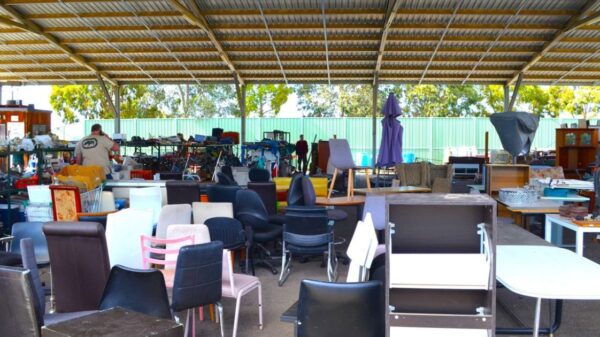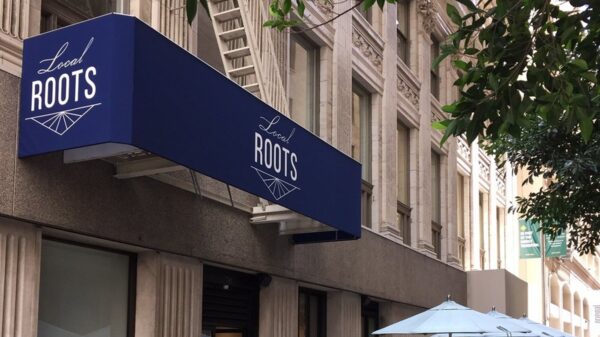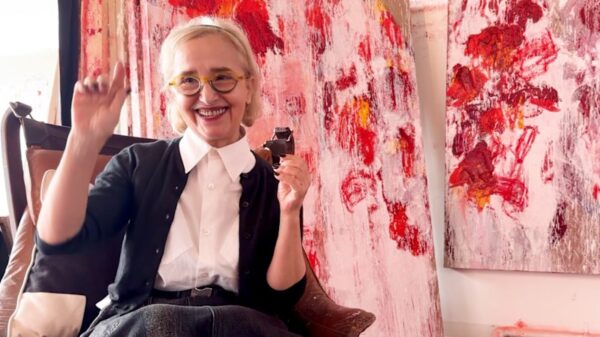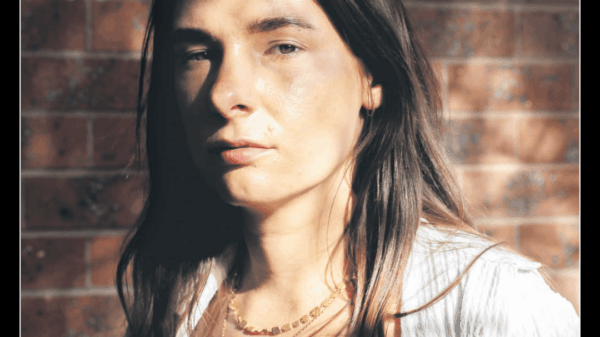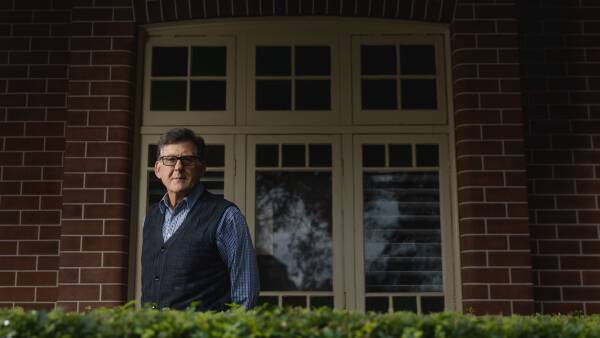A proposed bill in New South Wales (NSW) may require terminally ill individuals to leave their homes to access voluntary assisted dying (VAD). Introduced by Liberal MP Susan Carter, the legislation aims to amend existing laws, allowing aged-care facilities to refuse VAD on their premises, similar to faith-based hospitals that can transfer patients seeking euthanasia to external facilities.
Amanda Cohn, a member of the Greens party, highlighted that towns such as Muswellbrook, Gloucester, and Scone could be particularly affected. She expressed concern that regional hospitals would face increased pressure as patients may be required to leave aged-care facilities to access VAD. “Given how difficult it is to find alternative aged-care accommodation, people would likely end up in hospital,” Dr. Cohn, a former general practitioner, stated.
The current situation in NSW has already seen thousands of individuals admitted to hospital beds due to the lack of available aged-care options. Dr. Cohn emphasized that the issue extends beyond resource strain. “Most people don’t want to die in hospital,” she said, warning that some individuals could be “sent out of town to die away from their community and loved ones.”
In a strong critique of the proposed bill, Dr. John Ward, a geriatrician and co-founder of the Hunter Ageing Alliance, labeled it a “violation of people’s rights.” He insisted that individuals should have the option for VAD where they live, arguing that “we either have voluntary assisted dying or we don’t.”
Ruth Boydell, a death doula from Newcastle, echoed this sentiment, stating, “While voluntary assisted dying isn’t for everyone, I think people should be entitled to have a choice.” She stressed that individuals should have access to VAD in their own homes, asserting, “If the residential care facility is their home, they should be able to have it there.”
In response to criticisms, Susan Carter maintained that her bill seeks to balance the rights of those seeking VAD with the concerns of others affected by the process. She pointed out that residents in faith-based aged-care homes often feel the impact when healthcare workers arrive to administer euthanasia. “Their voices deserve to be heard too,” she remarked.
Dr. Cohn countered that it is unacceptable to impose religious beliefs on individuals’ autonomy and dignity during their final moments. Dr. Ward supported this view, stating, “I don’t think religious faith should have any capacity to deny VAD to people.” He noted that witnessing the operation of VAD has been positive, describing it as “excellent” and “very well organized.” Most families, he added, find comfort in the option of VAD, stating, “No one will go through VAD unless they’re suffering to the extent that they would prefer not to live.”
The debate surrounding this proposed legislation reflects broader discussions about end-of-life choices and the rights of individuals facing terminal illnesses. As the NSW Parliament considers the implications of such a bill, the conversation continues to evolve, highlighting the importance of respecting both individual autonomy and the diverse perspectives within the community.

